Island of CourageApply Through Courage
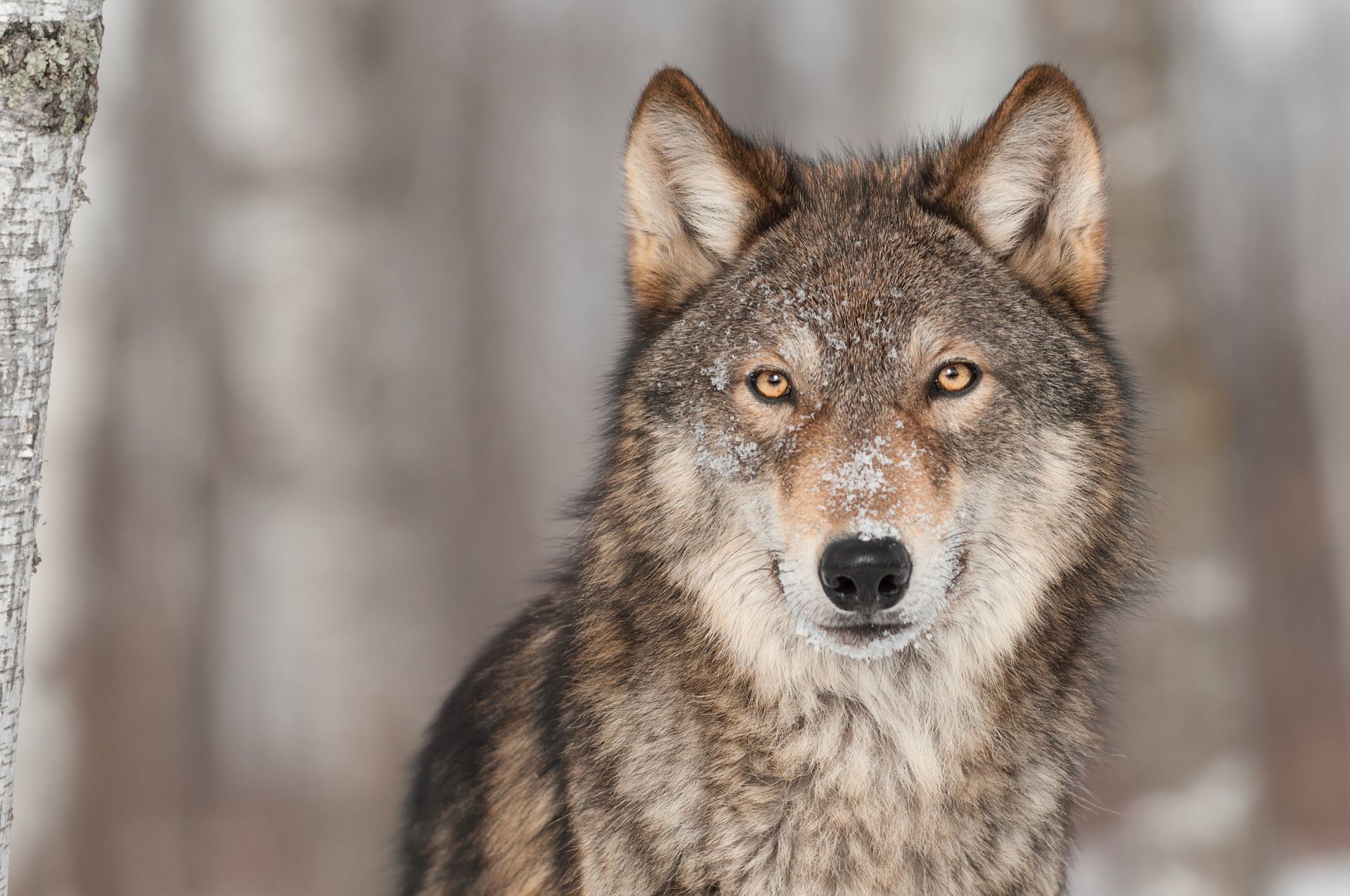
Wotar /WOH-tahr/ Words – Thoughts – Actions - Results
- Respect the spoken word and its creative power.
- Develop the habit of speaking positively.
- Be truthful and assertive in the way you communicate and live your life.
- Programs the subconscious mind and thus develops a positive attitude
- Inspires courage, confidence, and hope in self and others
- Creates a life of deeper Peace, Happiness, and Joy (PHJ)
Recommended Path:
2
- The spoken word is the parent of thought. We create through the words we speak.
- Listen to Wotar the Wolf.
- Write any thoughts and impressions.
- What does the phrase “positive creation through positive communication: words, thoughts, actions, results” mean to you?
- Read through the wolf facts.
- After reading the animal facts and listening to the song, how could you liken the wolf to words, thoughts, actions, and results?
- How would you explain the principle of Wotar?
- Choose a phrase from the song that you wish to understand more fully. Look for examples of it in your core books.
- What kind of ‘alpha parent’ do you want to be? In Wotar the Wolf, it says, “Wotar’s howl speaks to unity; his instincts fuel his pack’s survivability.”
- What changes do you see in the culture around you?
- What words can you speak to your “pack” to ensure PHJ (peace, happiness, and joy) through these changes and to create a positive result?
4
1. Wolves live together in packs. Packs have been numbered from two to as many as 36 wolves!
2. A wolf will communicate with other wolves by howling—signaling its location to its pack or warning other wolves away from its territory. They coordinate their hunts to get food.
3. One male wolf is always the leader of the pack, known as the alpha male, and his mate is second in command. They lead the pack by choosing den sites and where to hunt for food. They are usually the only wolves in a pack to have offspring, with litters averaging from 4-6 pups. Even so, the entire pack will take care of the pups, feeding them and protecting them from harm.
4. An adult wolf can eat substantial amounts of food at a time, consuming an average of 4.5 kg (10 lbs) of meat in one sitting, especially during winter months, when food can be scarce.
5. Wolves cover a lot of ground in one day, often traveling 80 km (50 miles) a day. A wolf can sprint up to 61 km/h (38 mph) over short distances.
6. What else can you learn about wolves?
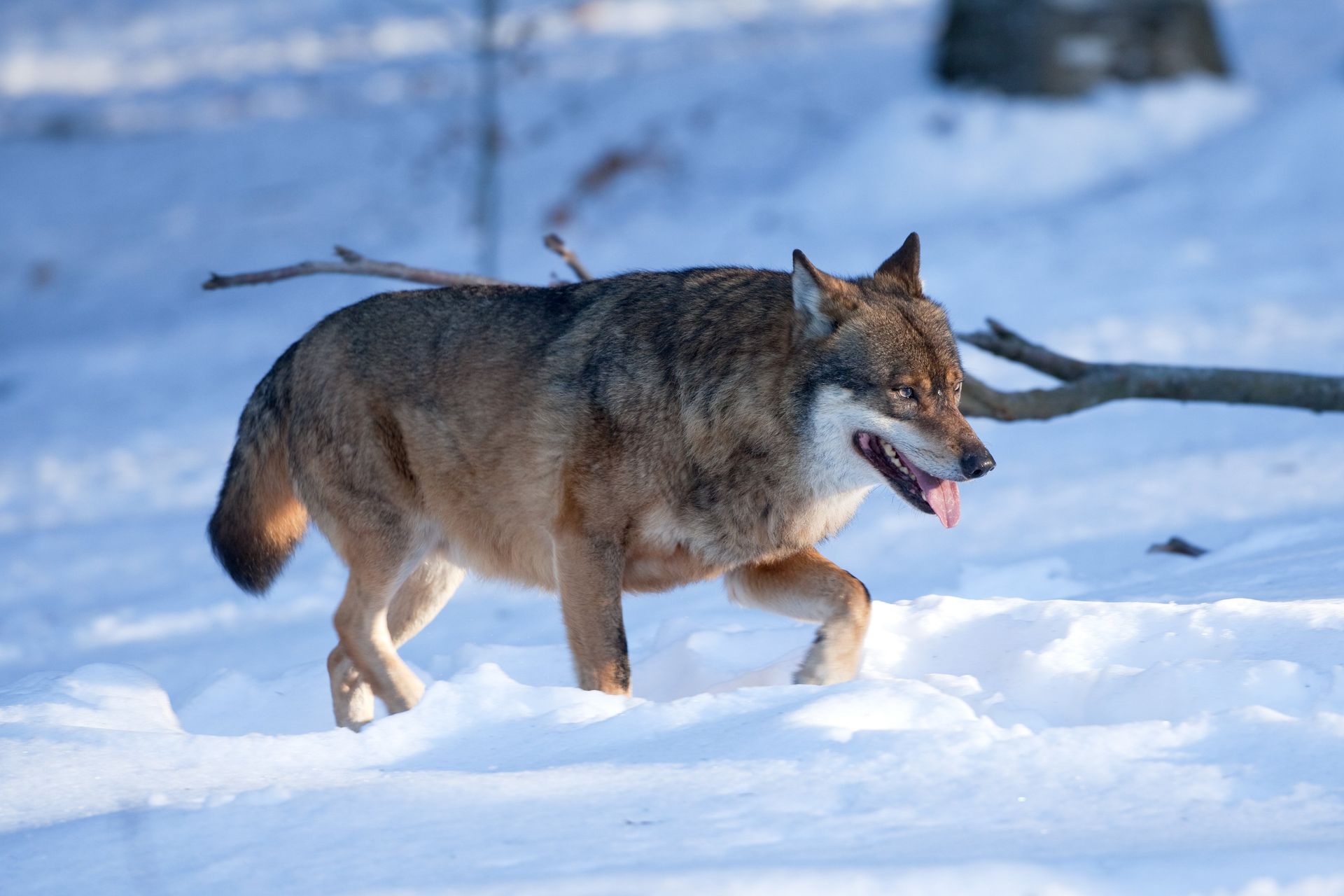
Slide title
How do you think the wolf represents Wotar?
Button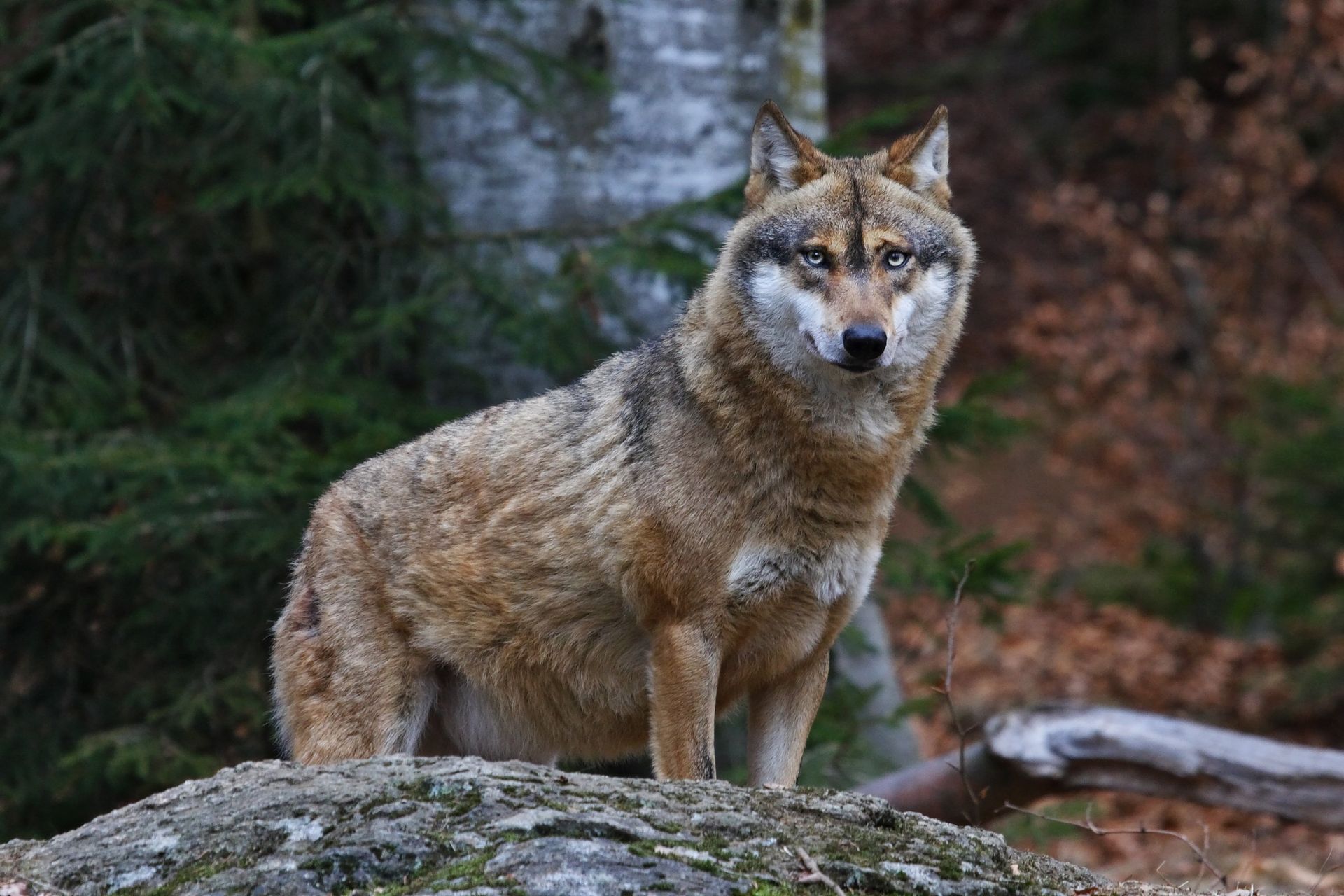
Slide title
Words create thoughts which lead to action.
Button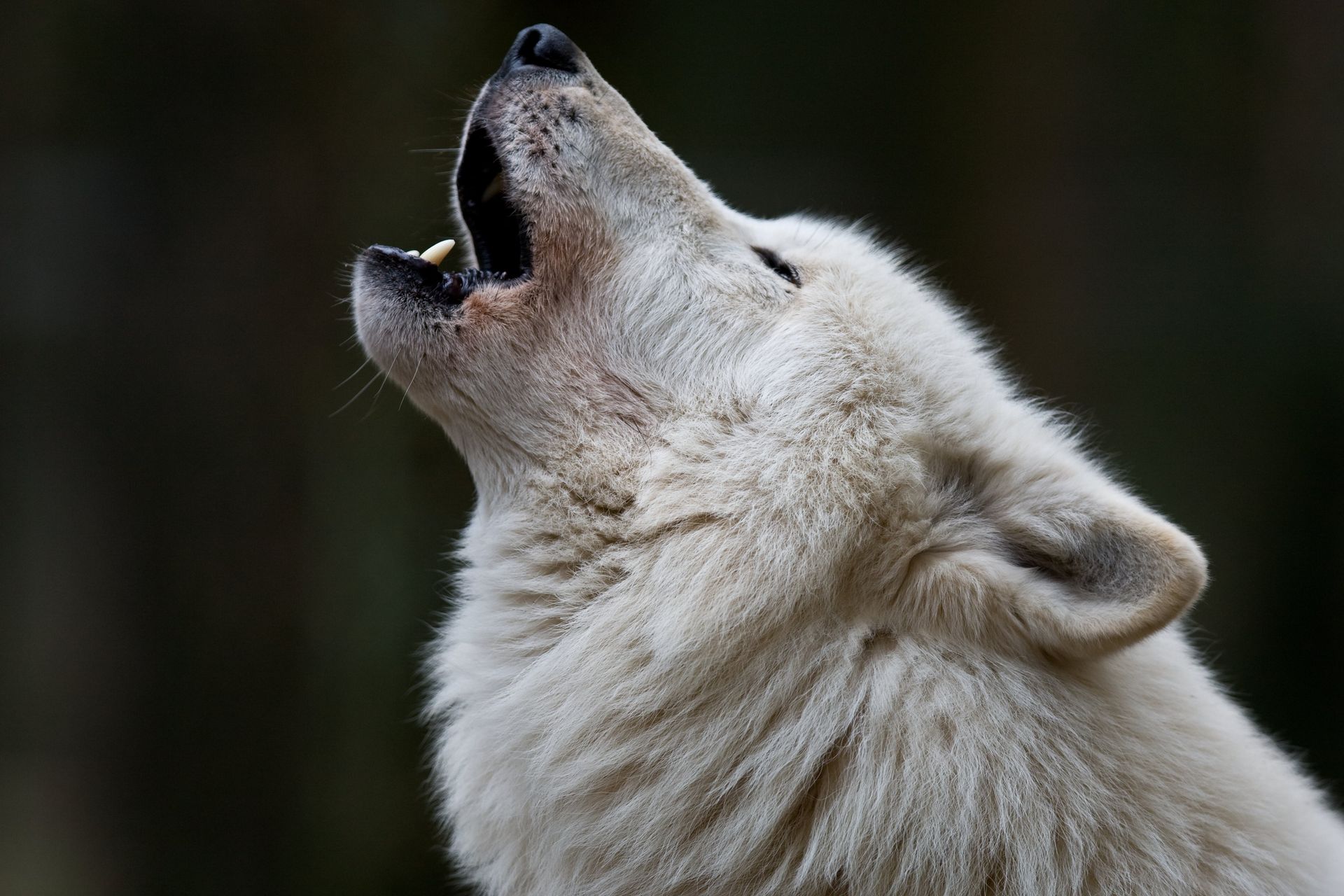
Slide title
The alpha wolf leads the pack to where to hunt for food. He communicates by howling. Hopefully, his communication will result in a successful hunt. What words do you say about yourself? What results have you seen because of the words you choose?
Button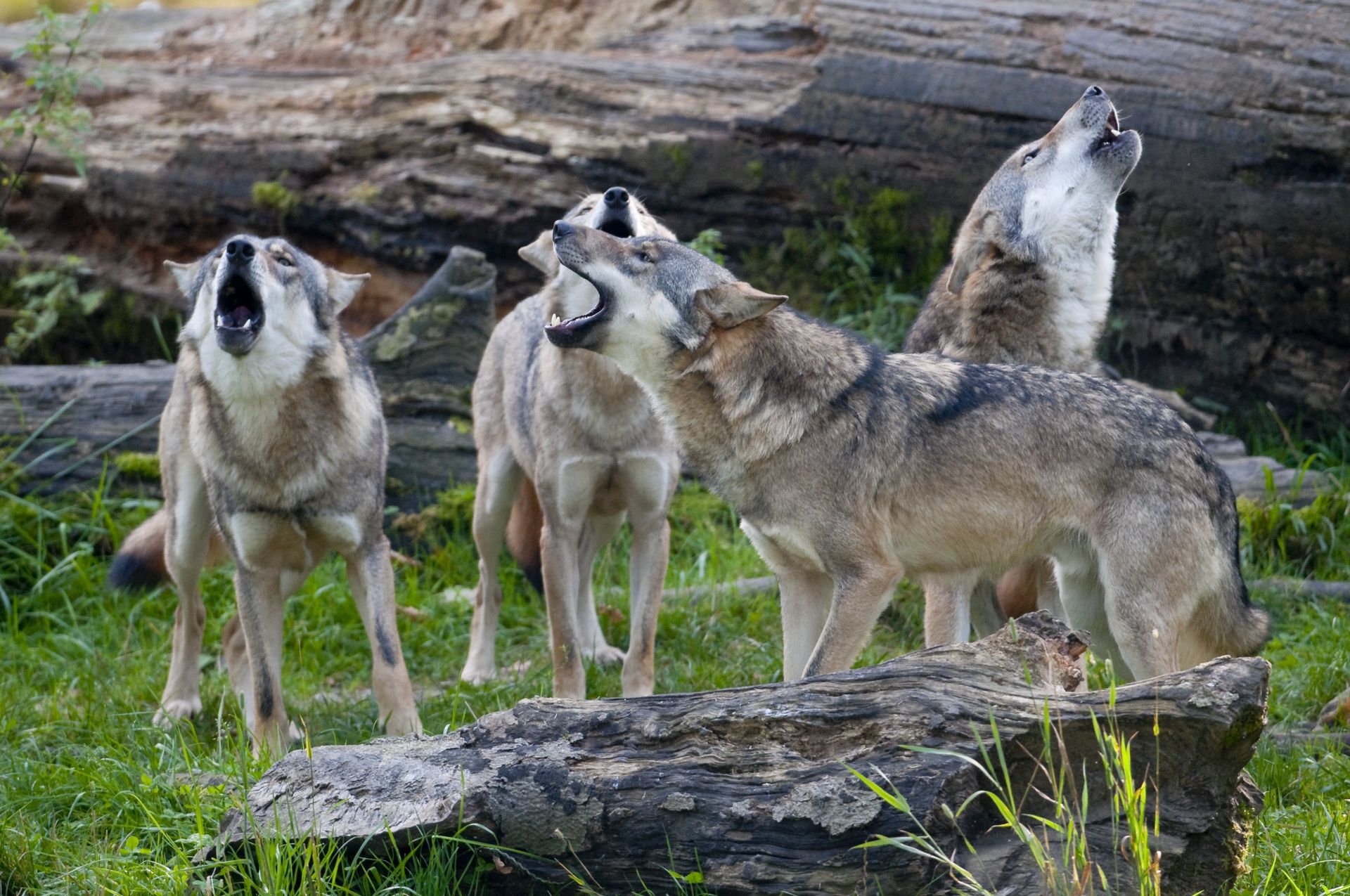
Slide title
The alpha wolf leads the pack. What words do you speak to your ‘pack’ and what results have you seen because of these words?
Button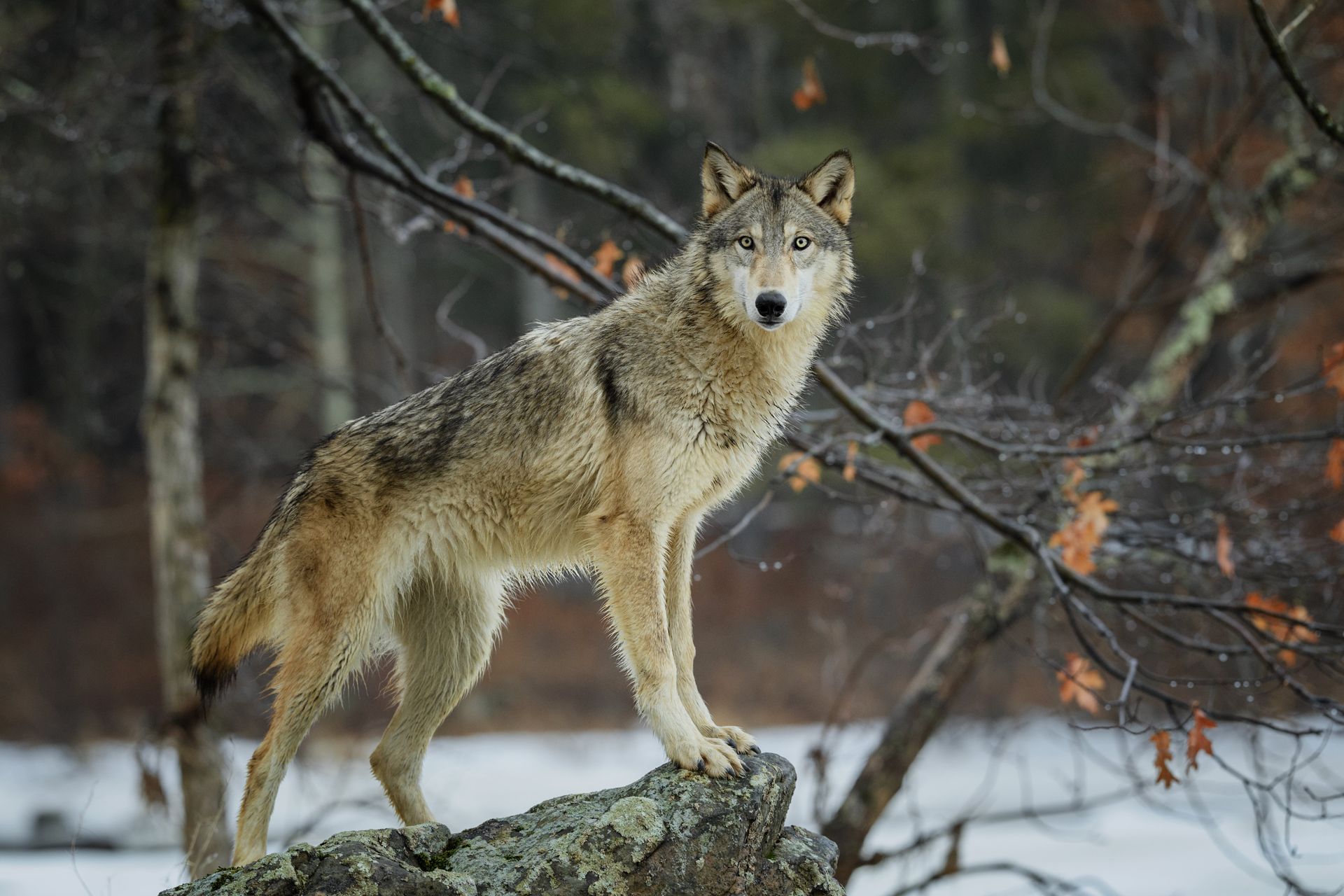
Slide title
What results do want to see? What words can you say to create the thoughts and actions you want to see?
Button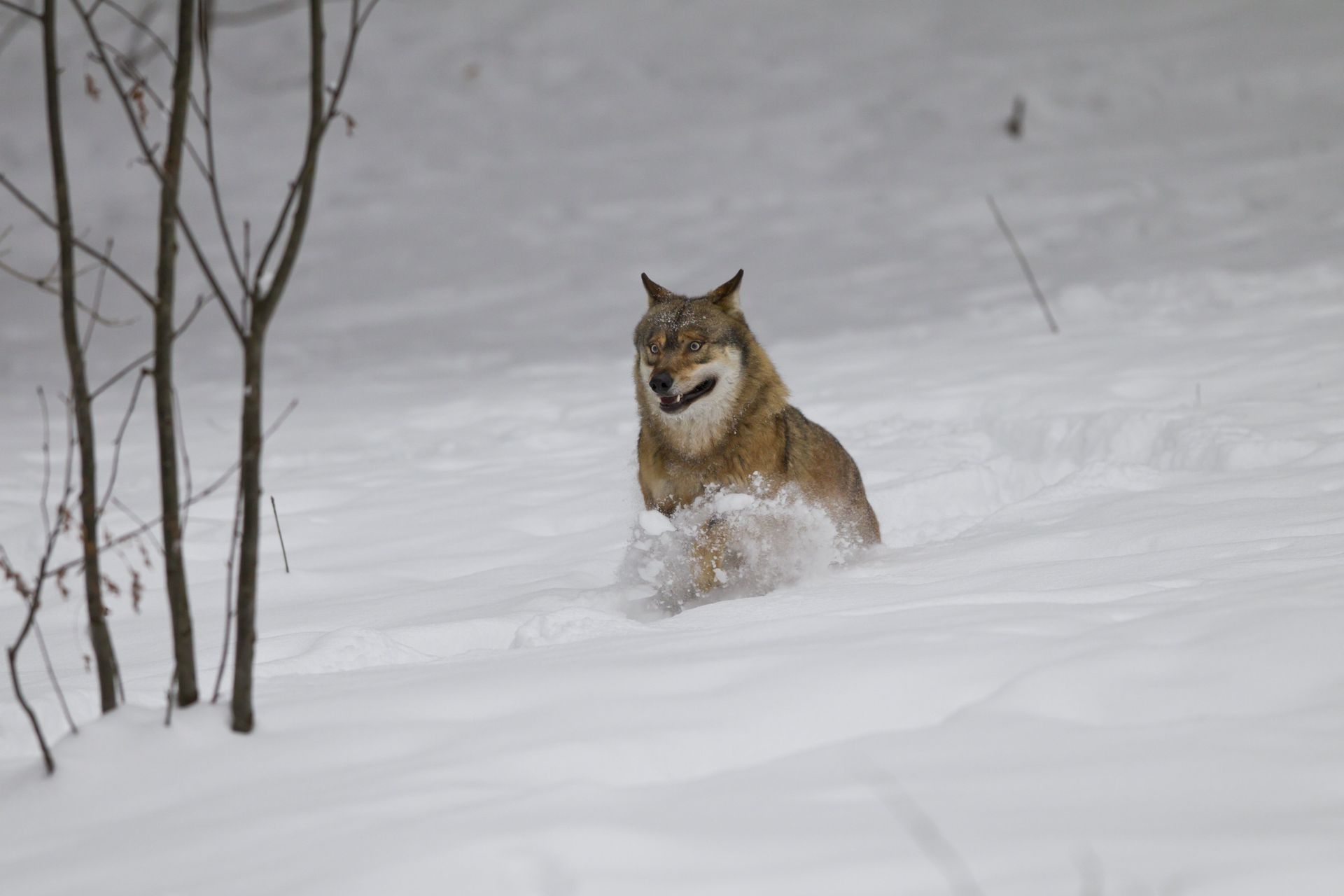
Slide title
What is your body language expressing? What can you do to ensure that you are sending a positive message?
Button


